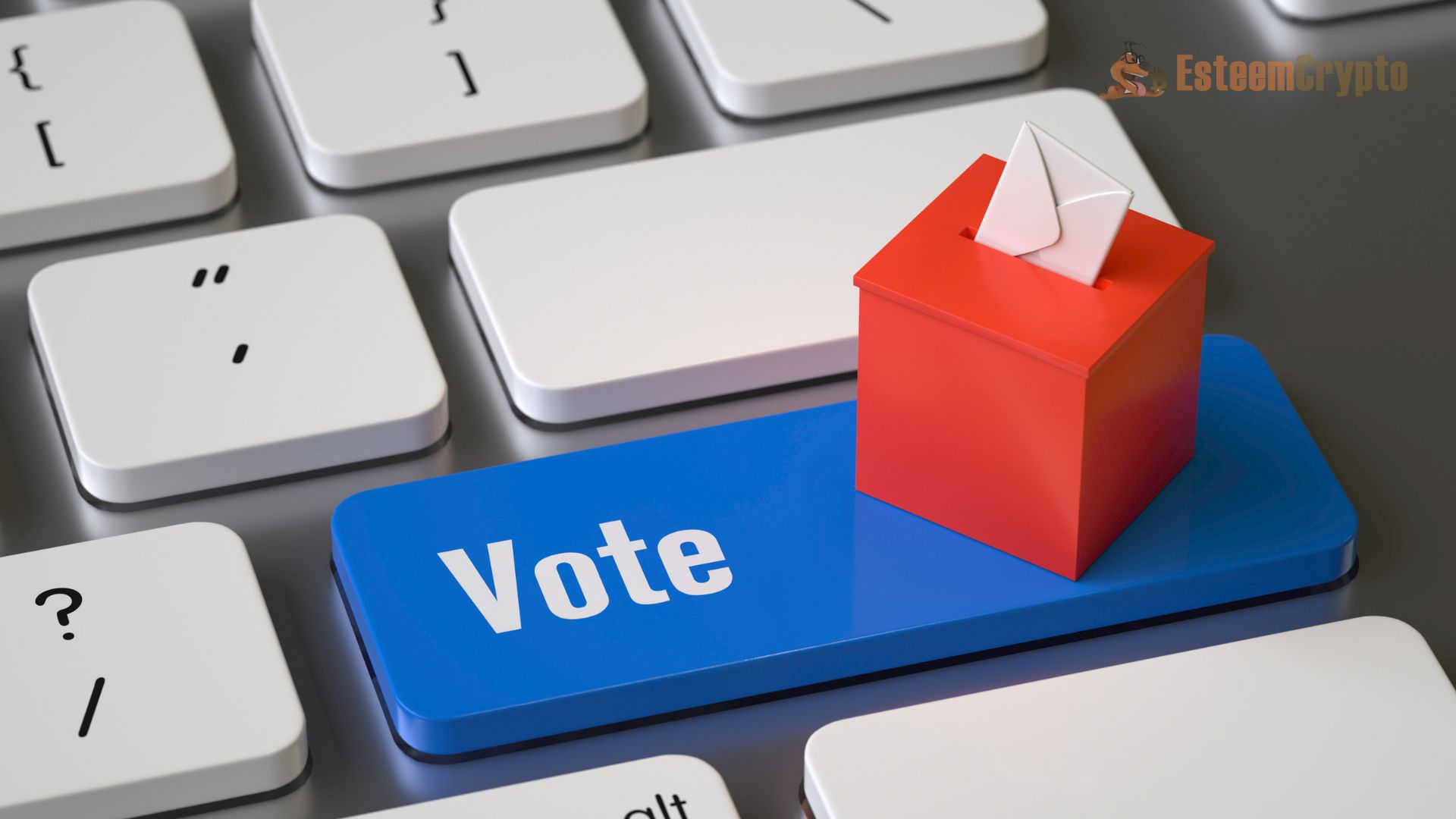Blockchain is gaining popularity in many industries due to its fast-changing nature. However, how precisely might blockchain technology be used? Organizations must grasp the many use cases of blockchain as they seek new solutions to improve efficiency, security, and transparency. This blog explores the fascinating application of blockchain technology, showing how it is changing several sectors and our whole planet.
Before you can delve into its practical uses, you must understand blockchain. Blockchain is essentially a distributed digital ledger that logs transactions on several computers. Thanks to this technology, once data is captured, it cannot be changed without the network’s agreement. Due to its intrinsic properties, which include transparency, security, and immutability, blockchain is a useful tool in several areas.
Key Characteristics of Blockchain
Decentralization
An essential aspect of blockchain technology is its decentralization, achieved by distributing data over a network of computers instead of storing it in a single central location. This structure improves security by lessening the likelihood of fraud and data breaches. Because all participants are held accountable and have access to the same transparent information, decentralization promotes user confidence.
Transparency
Every transaction in a blockchain is transparent and verifiable since all participants in the network have access to the same data. This feature is known as transparency. Users can independently verify the legitimacy of transactions, which fosters confidence due to their openness. A transparent ledger increases accountability and decreases the likelihood of fraud by allowing stakeholders to view transactions in real-time.
Immutability
Data recorded on the blockchain cannot be removed or altered after being immutably recorded, which is a basic aspect of blockchain technology. Application areas where this is highly beneficial include financial transactions and legal contracts, as it guarantees the integrity of information. Because the recorded data is accurate and permanent, immutability offers a safe basis for confidence.
Major Applications for Blockchain
Now, let’s explore some of the most impactful applications for blockchain technology across various sectors.
Finance and Banking
Blockchain technology is causing a sea change in the banking and financial industries by facilitating safer, quicker, and cheaper transactions. In contrast to smart contracts, which automate agreements, cryptocurrencies enable direct peer-to-peer transfers between users. As a result of this technology’s increased efficiency and transparency, financial systems become more user-friendly and reliable.
Cryptocurrency
Blockchain technology has mostly been used in the cryptocurrency industry, with Bitcoin being the most prominent example. Blockchain technology is the backbone of cryptocurrencies, enabling users to deal directly with one another rather than going via centralized institutions like banks. The speed of transfers, particularly those crossing borders, is enhanced, and transaction fees are reduced.
Smart Contracts
The conditions of a smart contract are encoded into code, and the contract itself executes the contract. Intermediaries are no longer needed because they perform and enforce agreements automatically as soon as requirements are satisfied. To illustrate the point, smart contracts can remove the need for lawyers during property transfers in the real estate industry.
Supply Chain Management
Blockchain technology is revolutionizing supply chain management through increased visibility and audibility. It lets businesses trace items’ origins in real time to guarantee quality and ethical sourcing. With blockchain’s immutable record of transactions, firms can optimize processes, respond quickly to market needs, and enhance inventory management, leading to more consumer confidence.
Provenance Tracking
Thanks to blockchain technology, businesses can track the origin of their items. Food vendors, for instance, can verify the path their products take from the farm to the table, ensuring both quality and safety. The adoption of blockchain technology increases the level of trust among consumers and encourages ethical sourcing.
Inventory Management
When businesses have access to data in real-time, they can more efficiently manage their inventories. Blockchain technology provides an immutable record of inventory levels and transactions, which helps minimize inconsistencies and improve the efficiency of supply chain administration.
Healthcare
With blockchain technology, healthcare organizations can better manage and secure patient data. This system protects patients’ privacy while allowing authorized professionals access to their medical records. Blockchain technology can trace pharmaceuticals as they move through the supply chain to tackle the issue of counterfeit medications further. Better patient outcomes result from increased cooperation among healthcare practitioners made possible by this technology, improving data integrity.
Secure Patient Records
Blockchain technology can safely store patient records, enabling authorized individuals to access data while protecting patient confidentiality. This improves the safety of the data and makes it easier for healthcare practitioners to communicate with one another and share information.
Drug Traceability
Blockchain technology can be used to tackle the problem of counterfeit medications by monitoring pharmaceuticals along the supply chain. Because each transaction is documented, stakeholders can check the genuineness of pharmaceuticals and ensure that they conform with legislation.
Voting Systems
Blockchain technology provides a safe and open option for voting systems. The security of the voting process is guaranteed since every vote is recorded on an unchangeable ledger. By allowing users to check the accuracy of votes in real time, this software boosts faith in elections and, by extension, the democratic process.
Secure Voting
Using blockchain technology, a voting system that cannot be altered is possible. Each vote is recorded on the blockchain to avoid fraud and guarantee the blockchain’s integrity. This use of blockchain technology increases public confidence in election procedures.
Real Estate
Blockchain technology is revolutionizing the real estate industry by eliminating intermediaries and expediting transactions. Smart contracts automate and safeguard property transfers, guaranteeing that all parties adhere to the agreed-upon terms. Furthermore, blockchain facilitates fractional ownership, which lowers the barrier to entry for real estate investing, democratizes investor options, and encourages increased transparency in property transactions.
Property Transfers
Blockchain technology makes transferring property easier, eliminating the need for documentation and speeding up the procedure. Smart contracts can facilitate agreements and guarantee that transactions are carried out only when certain criteria are satisfied.
Fractional Ownership
Blockchain technology makes it possible for numerous investors to possess a portion of a property, which is fractional real estate ownership. This makes real estate investing more accessible to a wider audience and democratizes the process.
Intellectual Property
Blockchain technology transforms intellectual property management by offering a trustworthy and transparent method for recording and monitoring creative works. Creators and artists may use it to handle licenses and protect their rights easily. In an online world where copyright infringement is rampant, blockchain technology can help authors get their due by recording transactions in an irreversible ledger.
Copyright Protection
Blockchain technology allows producers and artists to register their creations and track how they are being used. This application guarantees that they will receive credit and remuneration for their inventions.
Licensing Management
Blockchain technology can simplify the licensing process, allowing artists to provide licenses for their work while retaining control over its use. Smart contracts allow for the automated management of royalties, guaranteeing that authors are reimbursed appropriately.
The Future of Blockchain Applications
It is reasonable to anticipate the development of even more cutting-edge applications as many industries continue to recognize blockchain technology’s potential. Because of the technology’s capacity to improve security, transparency, and efficiency, it is an excellent choice for resolving complicated problems in various industries.
Challenges and Considerations
Blockchain has great promise, but there are obstacles to overcome, such as scalability, which causes transaction times to lengthen and fees to rise as network traffic increases. Compliance challenges due to the ever-changing regulatory framework also exist. The broad adoption of blockchain technology depends on finding a balance between innovation and existing legal frameworks; to achieve this, stakeholders and legislators must work together to overcome these obstacles.
Read More: Blockchain Data Analysis: A Comprehensive Overview 2024
Scalability
Scalability is becoming an increasingly important challenge as blockchain networks continue to expand. Efforts are being made to investigate potential solutions, such as layer-2 protocols and sharding, to enhance transaction speeds and decrease costs.
Regulatory Issues
The regulatory environment surrounding blockchain technology is still developing. Stakeholders must navigate a difficult line between ensuring compliance with rules and regulations and encouraging an innovative environment.
Conclusion
Regarding data security, transparency, and efficiency, the uses of blockchain technology are changing the game. The applications of blockchain technology are numerous and exciting, spanning industries such as real estate, healthcare, supply networks, and banking. The potential uses of blockchain technology are expanding as we go further into their investigation and development.
By familiarising themselves with its many uses, individuals, and companies may benefit from blockchain’s ability to facilitate innovation and enhance operations. We are on the cusp of a new technological age, and blockchain technology may hold the key to unimaginable possibilities.
If you want to know how blockchain technology may help your business or sector, the time to get in is now. We are merely beginning the path toward fully realizing blockchain’s potential uses.
FAQs
What is blockchain technology?
Blockchain is a decentralized digital ledger that securely records transactions across multiple computers, ensuring data integrity and transparency.
How is blockchain used in finance?
It enables faster, cheaper transactions through cryptocurrencies and automates agreements with smart contracts, enhancing trust in financial systems.
How does blockchain affect supply chain management?
Blockchain improves transparency by allowing real-time tracking of products, ensuring quality and ethical sourcing throughout the supply chain.
Blockchain improves healthcare data management?
It securely stores patient records while allowing authorized access and helps trace pharmaceuticals to combat counterfeit drugs.
What challenges does blockchain face?
Blockchain encounters scalability issues affecting transaction speeds and costs and navigating a complex and evolving regulatory environment.













